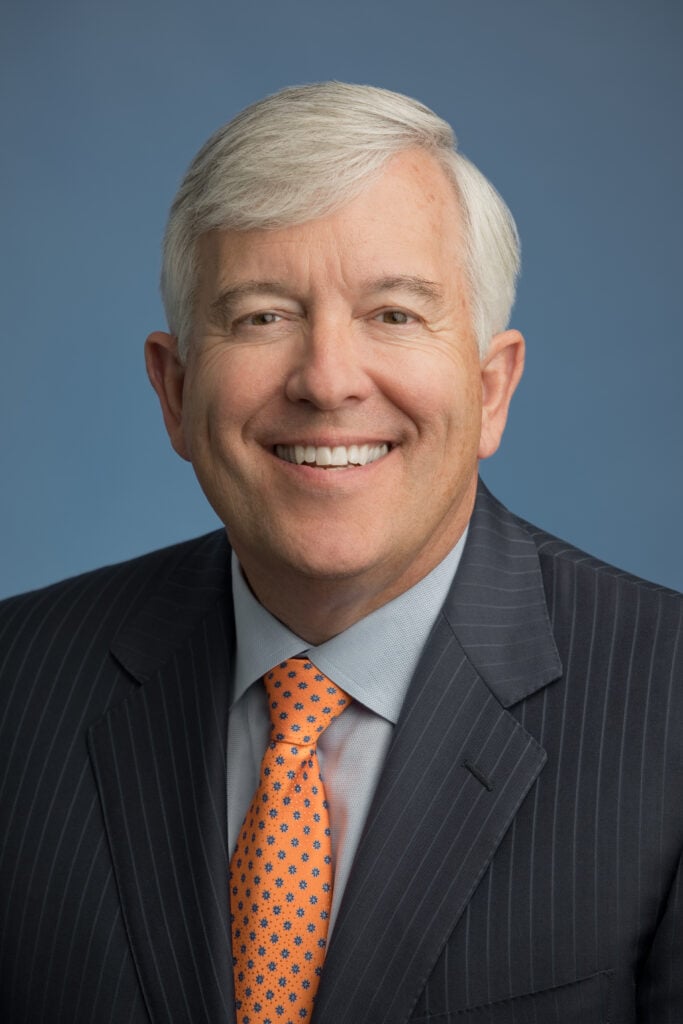
Although Green Ribbon Commission (GRC) member John Donohue retired as CEO of Arbella Insurance in June, he remains board chair of the Boston-based company, as well as CEO of Arbella’s Charitable Foundation. When the GRC launched in late 2010, Donohue was the only insurance industry representative invited to become a founding member. He is excited to devote more of his time and expertise to the work of the GRC.
We recently spoke to Donohue about the opportunities and challenges ahead for Boston climate action.
++++++++++
“The toughest part is yet to come, and that’s building resiliency, which costs a lot of money.”
“A good portion of Boston could be under water in 50 years unless we make aggressive, strategic, and comprehensive efforts to protect the coastline from rising sea levels, storm surges, and other impacts of climate change,” Donohue said.
“The next step in some ways is the hardest: Deciding which project comes first, and how we pay for it.” This is where Donohue sees the GRC playing a critical role. His experience in both the public and private sectors gives tremendous credibility to our efforts.
Developing financing recommendations for coastal resilience is a key part of the GRC’s strategic plan. This will help fund dozens of projects for Boston’s 47 miles of coastline.
“The property and casualty industry needs to be involved in the discussions on how to fund the resiliency work” Donohue said. “This will require the government on multiple levels to step up and provide most of the funding, but we should be part of the process to find solutions. Unfortunately, there is no magic wand, and this will require some difficult conversations.”
“However, setting proper expectations about insurers’ capacity and responsibility for funding coastal resilience work is crucial.” He noted that many consumers may not understand that most insurance companies, like Arbella, do not cover them for flood damage. That is up to the National Flood Insurance Program (NFIP), run by the Federal Emergency Management Agency.
The Biden-Harris Administration offered resiliency planning grants to prevent and reduce future claims on NFIP. Because these grants would more than pay for themselves by reduced insurance payouts, they made good business sense. Donohue is hopeful that the importance and value of these grants will become more widely appreciated by officials and legislators in Washington.
Donohue stated that he is unaware of any U.S. city that is as far ahead on identifying and tackling issues of funding resilience measures as Boston. “New York is doing a lot of great work, but the size of their problem is vast, so they are still a long way from being able to decide what to do and how to pay for it,” he said.
Donohue is optimistic that, with continued engagement from the business sector, Boston could become the “national model” for U.S. coastal cities grappling with the impacts of climate change.